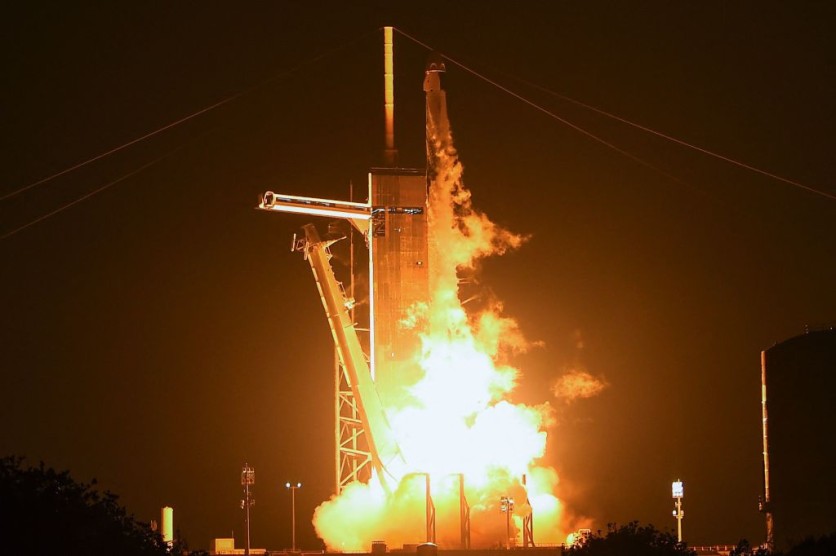India's advancements in space exploration are set to reach a new high this year with the announcement of a maiden partnership with SpaceX to launch a high-capacity communications satellite, GSAT-20 (via Reuters).
The commercial arm of the Indian Space Research Organization (ISRO), NewSpace India Limited (NSIL), announced this historic collaboration to revolutionize the country's broadband communication landscape.
Scheduled for liftoff in the second quarter of 2024, GSAT-20 will be ferried into space aboard SpaceX's Falcon 9 rocket, marking India's premier collaboration with the venture led by tech magnate Elon Musk.

Elevating India's Connectivity
NSIL's statement elucidated the core objective behind GSAT-20: to bolster India's broadband communication infrastructure, offering a significant throughput of 48 gigabits per second.
The 4,700 kg satellite signifies a leap forward in India's pursuit of technological prowess in space-based communication systems.
This move is especially pivotal given the ever-growing demand for connectivity across the vast expanse of the Indian subcontinent.
According to DataReportal, there were 692.0 million internet users in India at the beginning of 2023, with internet penetration standing at 48.7 percent.
India's Satellite History
The launch of GSAT-20 on SpaceX's Falcon 9 heralds a historic moment. It's the first time in over three years that an Indian communications satellite is slated to embark on an American rocket.
Previously, India relied heavily on homegrown launch vehicles or Ariane rockets to launch its INSAT and GSAT communication satellites.
However, India's advances in satellite technology have outpaced its progress in developing larger launch vehicles. Indian Express reports that this disparity has resulted in a reliance on foreign rockets such as Falcon 9, especially with the end of Ariane 5 flights in 2022 and delays in the launch of Ariane 6.
Read Also : NASA's Picture of the Day Features SpaceX Falcon Heavy Rocket Crossing in Front of Nearly Full Moon
NSIL's Vision
Indian Express also tells us that NSIL's exclusive ownership, operation, and funding of GSAT-20 is a significant aspect of this partnership.
This satellite stands as the second 'demand-driven' communications satellite, solely funded and operated by NSIL after the successful launch of GSAT-24 in 2022. This move underscores India's determination to carve a niche in the space communication domain.
The Musk Factor
Elon Musk's SpaceX not only plays a critical role in the launch of GSAT-20, but it also has plans to expand its presence in India.
Musk is considering bringing Starlink satellite broadband to the country while also considering an investment proposal for a Tesla factory to manufacture electric vehicles.
However, these ventures are facing opposition from certain segments of India's domestic industry.
This collaboration between India and SpaceX, while a step forward in technological advancement, also embodies the complexities and challenges that both countries face in harnessing space for socioeconomic development.
Stay posted here at Tech Times.

![Apple Watch Series 10 [GPS 42mm]](https://d.techtimes.com/en/full/453899/apple-watch-series-10-gps-42mm.jpg?w=184&h=103&f=9fb3c2ea2db928c663d1d2eadbcb3e52)



